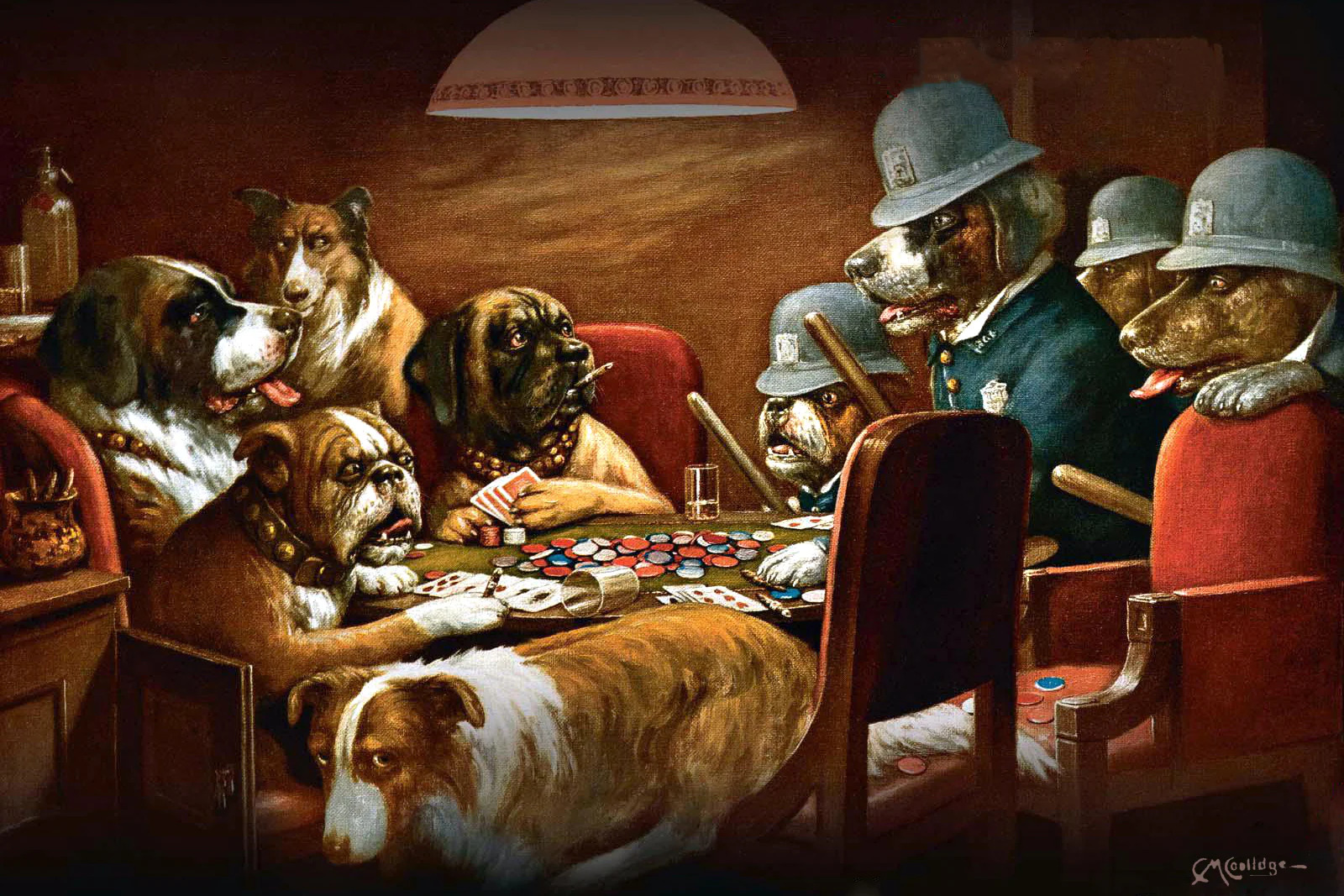 |
| SP events can be as varied as saris. [Styles of Sari via wikimedia] |
Different schools offer different styles of events to their students. Though they come in many flavors, one way to classify them is whether the encounters are graded and observed.
Ungraded, unobserved: usually informal sessions commonly used for students to practice physical skills with each other. They can also be optional sessions with SPs used as prep for the bigger tests.
Ungraded, observed: informal sessions with several observers. One example of this is small group encounters, which are frequently stopped/started and discussed in order to practice or re-do specific aspects of the encounter. Another common form of this is the Objective Structured Clinical Assessment (OSCA), an ungraded session which frequently includes an observer in the room filling out a form during the encounter. But since the encounter doesn't affect the student's grade, the atmosphere is more informal. Sometimes these are practice for OSCE preparation, below.
Graded, unobserved: this is an uncommon form usually available at places with a limited SP program. The SP is alone with the student in the scenario and evaluates the student without oversight.
Graded, observed: The most common form of this is the Objective Structured Clinical Exam (OSCE). These are typically not observed in the exam room. Instead, faculty may observe from a video-enabled observation room. Since these are such high-stakes exams, the encounters are also frequently recorded in case of dispute. Within graded scenarios, there are at least three levels of intensity: those that affect part of the overall class grade, those that affect whether the student continues in the program, and remediation exams if the students fails the first time. (Remediation exams are intense.)Extra credit:
I much prefer to work with schools that offer regular scenario practice along with higher-stakes events. However, many schools I work with only offer scenarios as part of an evaluation (usually at the end of the term), which makes them much more stressful for students, and therefore much more stressful for SPs. I hope this changes over time.
Discussion question:
What scenario formats does your school use?





.jpg/722px-Crabeth_Card_players_(detail).jpg)